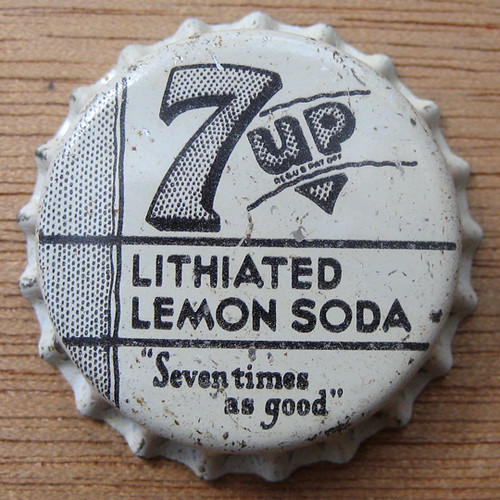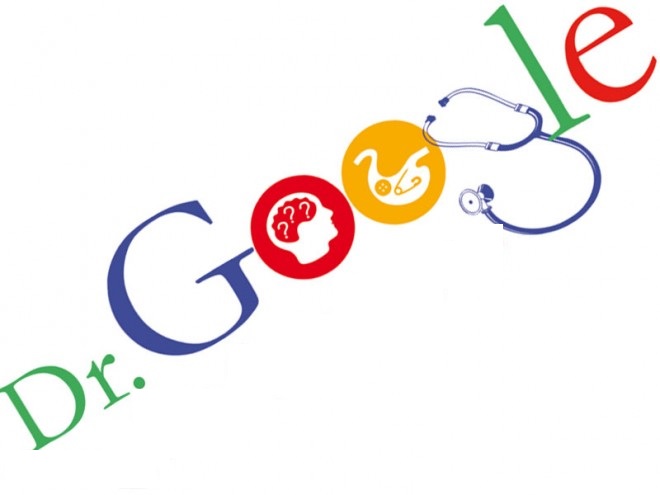This is our blog, and it's my place to vent some, and on this beautiful morning in Baltimore with all the trees in bloom in pink and white, I could really use some space to vent. While none of us were in the middle of the unrest, it is awful to watch our beloved city on CNN -- this isn't how it should be.
I'm not going to write about riots or police brutality, but I do want to write a little about authority and victimization, and for that I'm going to ask you to surf over to my friend Pete Earley's blog where he talks about a psychiatric patient who was arrested after biting a nurse in an Emergency Room. And Pete is my friend, but I may not be gentle here, but I'll trust that he'll still be my friend even if we don't agree about everything.
Before I start, I want to make it clear: I oppose violence of all kinds by all people. I strongly oppose police brutality, and I strongly oppose throwing bricks at anyone or destroying businesses and property. Let there be peace in Baltimore today and tonight and for all days to come.
#Black lives matter. #Blue lives matter. #Patient lives matter. #Nurses lives matter
# All lives matter.
So Mr. Earley wrote a post not long ago titled We Took Our Daughter to the ER for Help. She Ended Up Being Arrested.
A parent writes in:
My daughter was then informed that she was going to be involuntarily hospitalized. She became even more agitated and when she threatened to leave, a nurse confronted her and a scuffle broke out. My daughter was forcibly restrained by five hospital personnel.
The nurse prepared an injection to calm her and my daughter, who was terrified, said: “’I’ll take the pill. I’m scared of needles.” The nurse proceeded to give her the shot anyway and my daughter would later tell us that she went black.
The nurse was pushing her elbow into my daughter’s chest and our daughter bit the nurse’s arm. She didn’t break the skin and there was no blood.
Our daughter was put in restraints. Her arms and legs were all restrained, so tightly that her hands began turning purple. I thought things couldn’t get worse but they did. Two officers showed up at the ER to arrest my daughter for aggravated battery against the nurse.
The parent continues -- she's angry that the charges weren't diverted to a mental health court because the nurse wouldn't agree to this. The parent is distressed and doesn't feel her daughter should be criminalized.
When you look at it, this post is rich with material on so many levels and there are so many things to take issue with. I wasn't in the room, so I don't know if there wasn't some kinder and gentler way of dealing with this patient besides restraining her, injecting her, and escalating her fear and anger. And really, if the story is accurate, then perhaps it would be reasonable for the patient to plead self-defense, or to press charges herself for the brutal treatment she received (I have no idea if a patient can do that). Here, however is what Mr. Earley has to say:
"It is even tougher to understand why some victims insist on pursuing charges when the infraction seems so minor, as it appears to be in the case of the nurse who was bitten."
I, like Pete, believe that people in authority need to have special training in dealing with difficult populations and that people should not be unnecessarily provoked. But we know nothing about the nurse besides the fact that she went to work, did her job (for better or for worse) and was bitten. I don't know that the right answer here is to press charges, but I also know that it's not reasonable to tell people they need to go to a job every day where they must tolerate being assaulted without any recourse. Perhaps the nurse had been assaulted numerous times -- mental health staff often are -- and this can lead to a traumatized staff. I heard one story recently about a psych nurse whose eye was poked out by a new patient on a unit with no warning (~not in the course of restraining someone) by a patient who had a history of violent crimes.
I don't have an answer for this. People get angry when they are mistreated, and as a society, we've become sympathetic to the victims of an aggressive authority and some people have decided that the resultant violent response is understandable. But the assumption is that the person in authority should be focused on doing the exact right thing, even if it means tolerating a work environment where they are in danger, often repeatedly, and that's just part of the deal. The story above is told from the patient's perspective, not from the nurse's, and her side is dismissed for her lack of understanding and for insisting on pursuing charges for a minor infraction. The assumption is that those in authority are somehow immune to the traumatization, fear, exhaustion, and if not, they should stay home or find another job. And actually, perhaps someone who's sticking their elbow into a patient's chest should stay home, but then again, it's a third hand account and and we don't know the details of what transpired in the heat of the moment.
What's my point? Simply that we're all human and perhaps these stories need to be heard from all sides before judgement is passed. Perhaps if we could hear from the nurse, we might understand why she insisted on pressing charges, or perhaps we still might think this too extreme a response. But it does nothing to encourage people to go into the field if you make the statement that they'll need to tolerate human biting without recourse.
Please don't read this as the idea that I'm condoning brutality by anyone. I'm a huge proponent of kinder, gentler care, and I'm totally opposed to anyone biting nurses. Some stories, however, lose something when you only hear one side.



